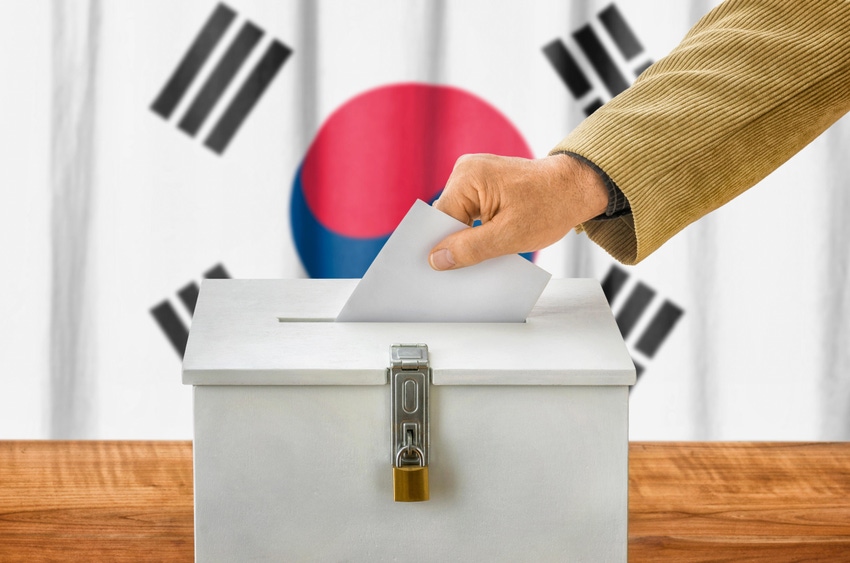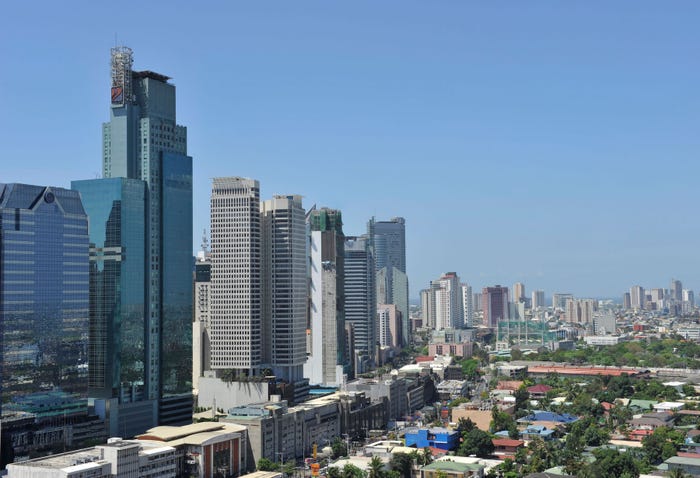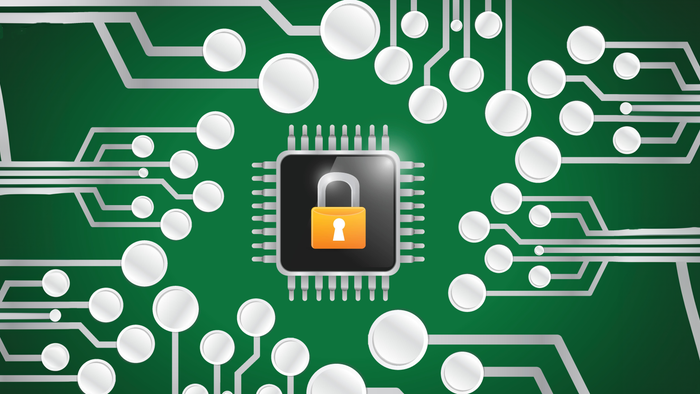
Breaking cybersecurity news, news analysis, commentary, and other content from around the world, with an initial focus on the Middle East & Africa.
South Korean Police Deploy Deepfake Detection Tool in Run-up to Elections
The nation's battle with political deepfakes may be a harbinger for what's to come in elections around the world this year.
March 8, 2024

Amid a steep rise in politically motivated deepfakes, South Korea's National Police Agency (KNPA) has developed and deployed a tool for detecting AI-generated content for use in potential criminal investigations.
According to the KNPA's National Office of Investigation (NOI), the deep learning program was trained on approximately 5.2 million pieces of data sourced from 5,400 Korean citizens. It can determine whether a video (which it hasn't been pretrained on) is real or not in only five to 10 minutes, with an accuracy rate of around 80%. The tool auto-generates a results sheet that police can use in criminal investigations.
As reported by Korean media, these results will be used to inform investigations but will not be used as direct evidence in criminal trials. Police will also make space for collaboration with AI experts in academia and business.
AI security experts have called for the use of AI for good, including detecting misinformation and deepfakes.
"This is the point: AI can help us analyze [false content] at any scale," Gil Shwed, CEO of Check Point, told Dark Reading in an interview this week. Though AI is the sickness, he said, it is also the cure: "[Detecting fraud] used to require very complex technologies, but with AI you can do the same thing with a minimum amount of information — not just good and large amounts of information."
Korea's Deepfake Problem
While the rest of the world waits in anticipation of deepfakes invading election seasons, Koreans have already been dealing with the problem up close and personal.
The canary in the coal mine occurred during provincial elections in 2022, when a video spread on social media appearing to show President Yoon Suk Yeol endorsing a local candidate for the ruling party.
This type of deception has lately become more prevalent. Last month, the country's National Election Commission revealed that between Jan. 29 and Feb. 16, it detected 129 deepfakes in violation of election laws — a figure that is only expected to rise as its April 10 Election Day approaches. All this in spite of a revised law that came into effect on Jan. 29, stating that use of deepfake videos, photos, or audio in connection with elections can earn a citizen up to seven years in prison, and fines up to 50 million won (around $37,500).
Not Just Disinformation
Check Point's Shwed warned that, like any new technology, AI has its risks. "So yes, there are bad things that can happen and we need to defend against them," he said.
Fake information is not as much the problem, he added. "The biggest issue in human conflict in general is that we don't see the whole picture — we pick the elements [in the news] that we want to see, and then based on them make a decision," he said.
"It's not about disinformation, it's about what you believe in. And based on what you believe in, you pick which information you want to see. Not the other way around."
About the Author(s)
You May Also Like
Beyond Spam Filters and Firewalls: Preventing Business Email Compromises in the Modern Enterprise
April 30, 2024Key Findings from the State of AppSec Report 2024
May 7, 2024Is AI Identifying Threats to Your Network?
May 14, 2024Where and Why Threat Intelligence Makes Sense for Your Enterprise Security Strategy
May 15, 2024Safeguarding Political Campaigns: Defending Against Mass Phishing Attacks
May 16, 2024
Black Hat USA - August 3-8 - Learn More
August 3, 2024Cybersecurity's Hottest New Technologies: What You Need To Know
March 21, 2024
.jpg?width=100&auto=webp&quality=80&disable=upscale)
.jpg?width=400&auto=webp&quality=80&disable=upscale)


